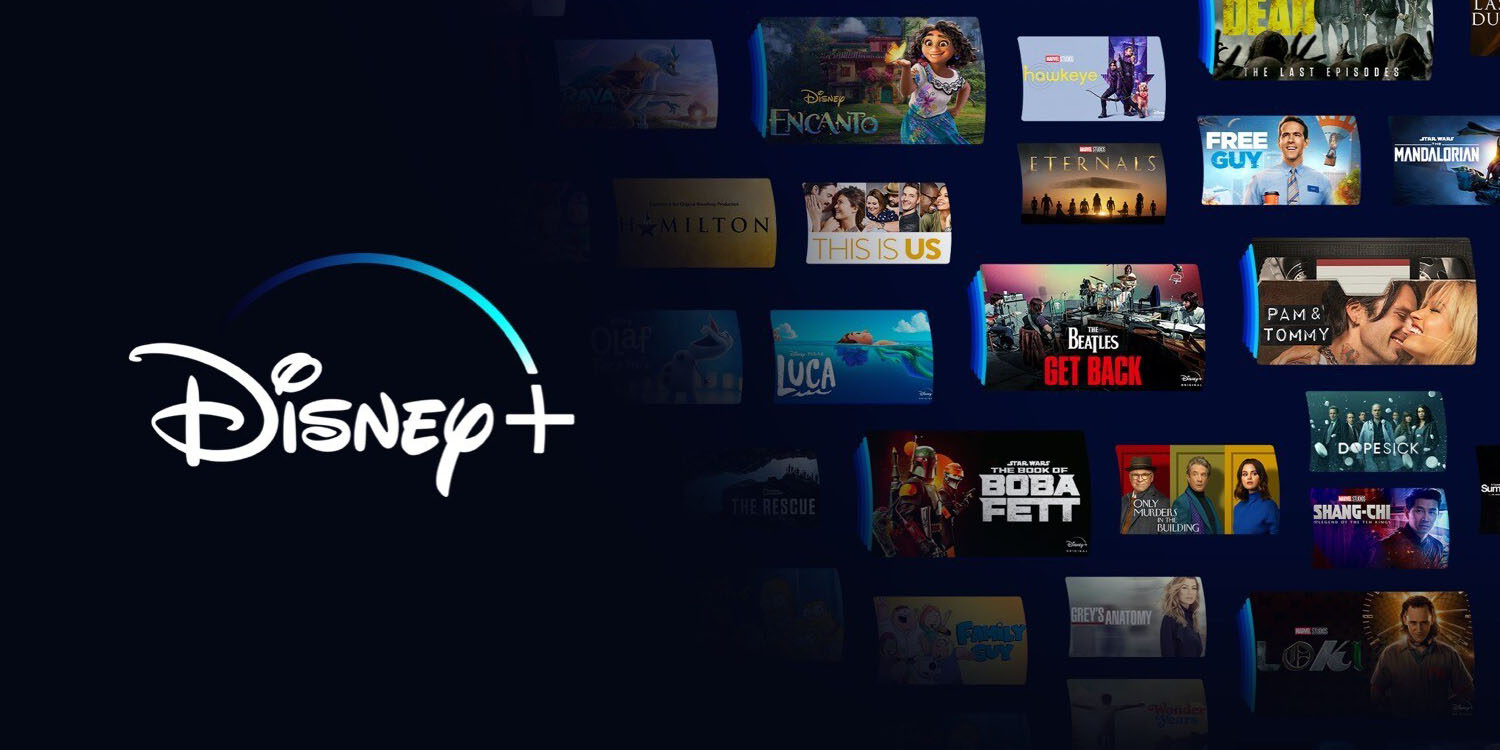
Disney+ is finally about to begin rolling out its password sharing crackdown “in earnest,” according to Disney CEO Bob Iger. This change has been a long time in the making, with Disney first detailing its plans one year ago. It comes after Netflix successfully implemented anti-password sharing tactics last May.
Iger’s comments came as part of Disney’s quarterly earnings report release today. The Disney CEO didn’t elaborate much on the company’s password sharing plans, other than to say the crackdown will begin “in earnest” starting in September (via The Verge). This follows a small rollout of the changes in a few countries over the summer.
Disney+ is expected to prompt users to get their own account if they’re found to be using someone else’s. Disney has also teased its plans to add paid sharing features for an “additional fee,” but there still aren’t any other details on that offering yet.
Disney+ hasn’t shared many details about its technical implementation of anti-password sharing tactics. It has simply said it will “analyze the use of your account” to ensure Disney+ and Hulu subscriptions are only being used in one “household.”
Netflix’s password sharing crackdown uses analytics like addresses, account activity, and device IDs to “determine whether a device signed in to your account” is actually associated with the account’s primary location. For Netflix, the move has been a success and led to a boost in paying subscribers for the company.
Disney+’s rollout of anti-password sharing tactics comes as the streaming service—along with Hulu and ESPN+ — will also get more expensive in October. The ad-supported Disney+ plan will increase from $7.99 to $9.99 per month, while the ad-free tier will increase from $13.99 to $15.99 per month.
If Disney’s anti-password sharing features for Disney+ cut off your access to the services, will you pay for your own account? Let us know down in the comments.
Follow Chance: Threads, Twitter, Instagram, and Mastodon.
FTC: We use income earning auto affiliate links. More.




